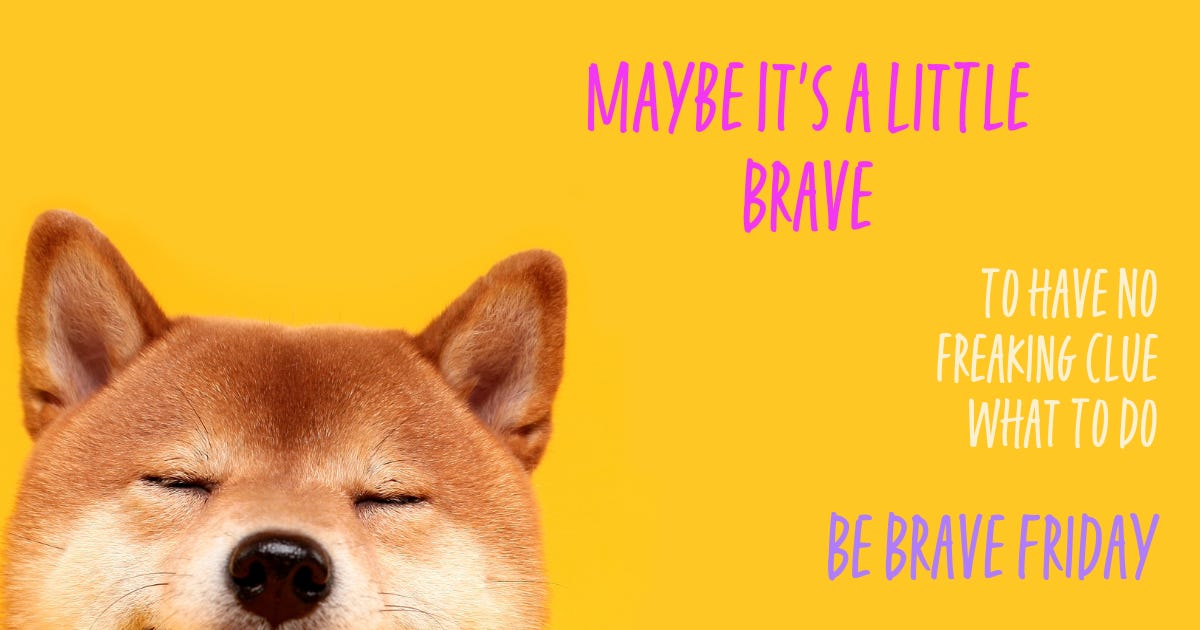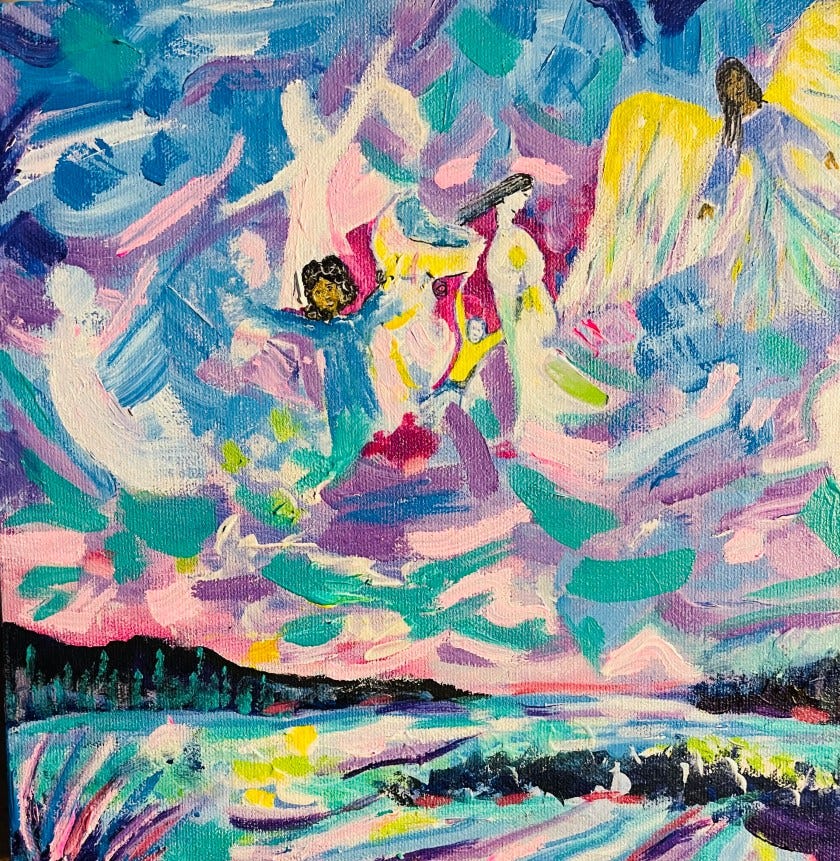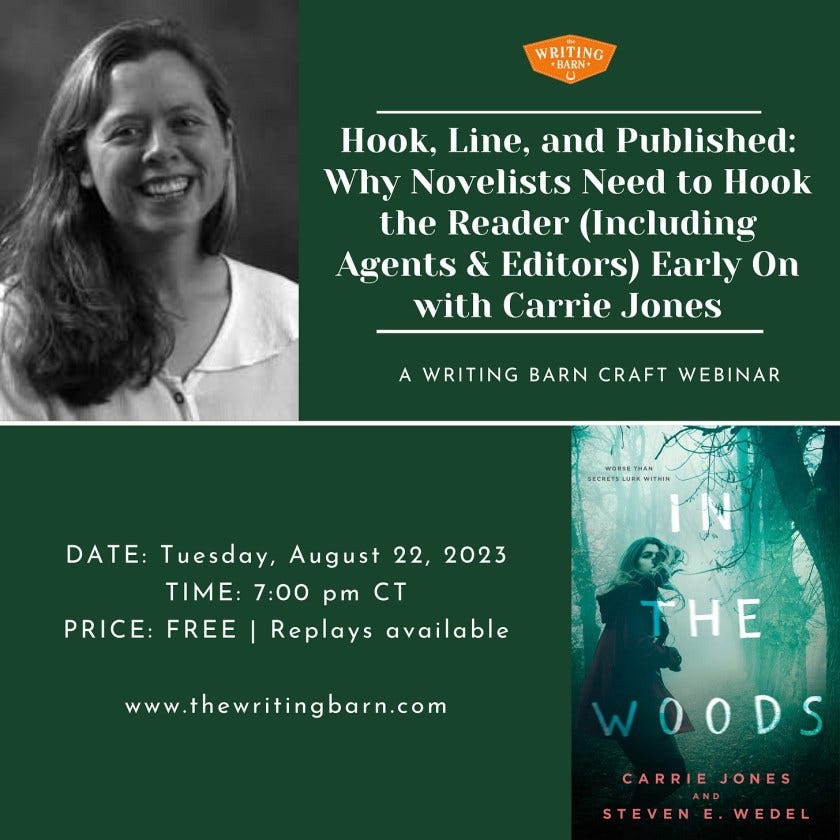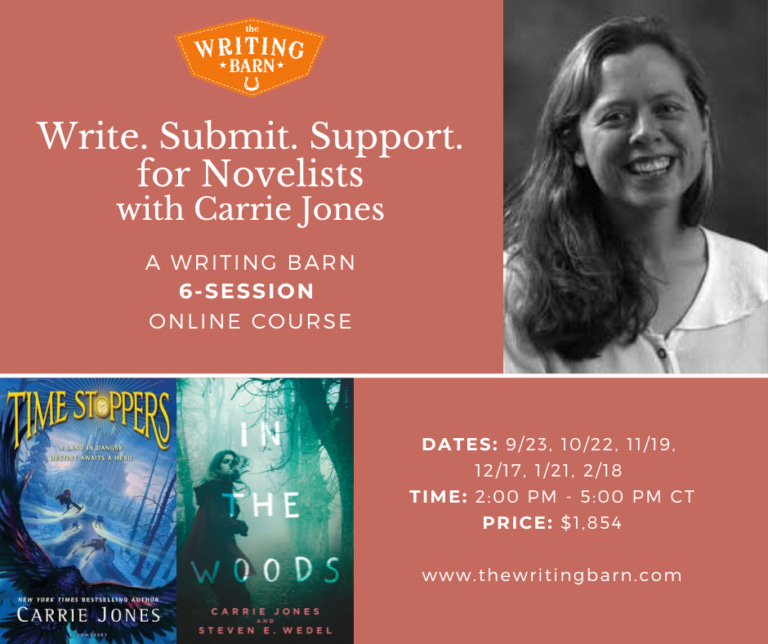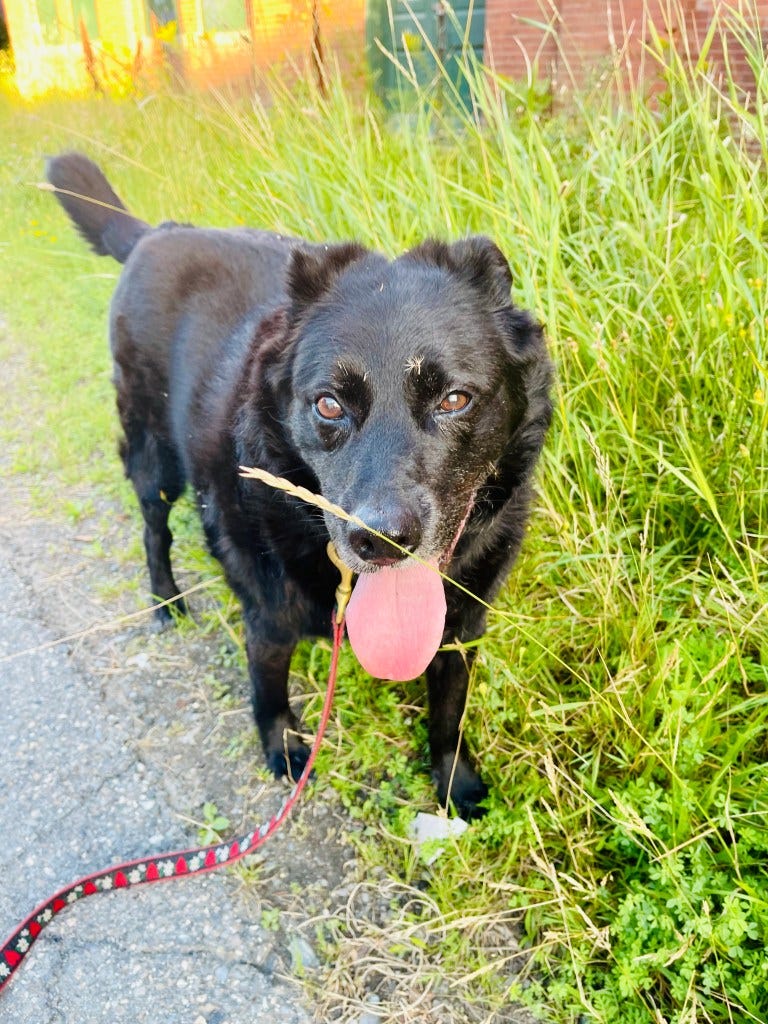Taking Chances like Gunnar Hansen
When a tall man entered the small airplane at the Bangor Airport, people got out of his way, curling out of the aisle, further into their seats. He was so big, so full of presence. He took up space.
When the flight attendant said that the plane was over its weight capacities, that same man stood up and volunteered to disembark.
“That’s so kind,” someone murmured.
“Do you know who that is?” someone else asked.
“Yeah, the nice guy who just gave up his seat so the rest of us can fly.”
And in that one second, that’s who Gunnar Milton Hansen was.
Born in Iceland, Gunnar Milton Hansen was most well known for being the terrifying Leatherface in The Texas Chain Saw Massacre. When he portrayed the killer, he was 6’4 and 300 pounds. He was someone who terrified millions. But in real life? Hansen’s face was kind and his huge presence: funny, often self-effacing, and sweet.
How did a Hollywood actor end up in Maine? He already spent time there. He was born in Reykjavík to a dentist (Skuli). His mother Sigrid was from Norway, and she moved with him the United States when he was five. They lived an unspecified coastal town in the state until he was eleven and then they moved to Austin.
Before Massacre, he went to the University of Texas in Austin, majoring in physics, saying on his website,
“There’s a certain thrill in studying eigenvectors, as I’m sure you remember from your college days. Somehow, though, I wised up and got my degree in English and mathematics. Wanna know what Herman Melville did on any given day in 1850? Give me a call. Then it was on to graduate school, first in Scandinavian Studies and then back into the English Department.”
He eventually heard that locals in Austin were making a horror movie. They needed a killer. He’d been in a couple college plays and tried out. It was pretty random.
Even more random?
He got the part. He decided a movie was a better job for the summer than bartending or carpentry, and he took it.
His life changed after that, but not in ways one might expect.
He wrote on his website,
“Acting had never been what I intended to do, so even though Chain Saw was an immediate success, I did not move to Hollywood and I did not continue acting. (In fact, I turned down a chance to be in Wes Craven’s The Hills Have Eyes.) Instead, in 1975, after more graduate school, I moved back to Maine and decided to get serious about writing. This had always been my main interest, something I had always wanted to focus my work on. I moved to a village on an island on the coast, where I figured I could hit those keys.
Texas Chainsaw Massacre focused on a masked killer. And Gunnar said it wasn’t an easy film to shoot. They’d shoot for twelve to sixteen hours each day for seven days a week for four weeks. The temperatures in Texas that August were between the high 90s and low 100s. They ran through woods. They wore those masks.
But he said that he wouldn’t have traded the experience for anything.
What stands out to me in this story about Gunnar is how he was kind on that airplane I was on with him, but also how he took risks and chances. He wasn’t afraid to get off the airplane, deviate from the plane, take a turn off life’s long road and listen to the voices in the wind that whispered, “Give it a chance. Go ahead. See what happens.”
How cool is that really?
Give it a chance. Go ahead. See what happens.
BE BRAVE FRIDAY
I’ve been working on this painting a bit this week, but mostly staring at it and trying to figure it out. It is a bit of a homage to my cousin and her little girl (who isn’t so little now, but just so beautiful) and then it branches out into something bigger.
It gives me so many questions that I don’t have answers to yet. Do I even out the color, the brush strokes? Do I go into the trees? Do I paint it all over and start new?
My life is a bit like that, too. I feel like I’m staring at it, not really seeing the full thing, trying to figure it out.
And there’s this constant pull, right?
Do I take action steps? Do I visualize what I want?
Do I let go, tune into the vibe of the universe and let it take me where I’m meant to go?
Life is so full with those one or the other choices. We’re pushed into this or that. As a novelist, I do the same thing to my characters, put them in situations, lean into their choices that make the story happen.
So, the question becomes how do we do that for life? How do we make life happen in a way that’s good for us, for our bodies, brains, heart and soul?
That’s my big ponder this week. Maybe it’s not so brave to ponder it. Maybe it is. I’m not sure. And that not being sure? I guess that’s my point this Be Brave Friday. It’s okay to not be sure.
Maybe it’s okay not to be focused on always being right.
Maybe it’s okay to admit that you have no freaking clue what’s going on about everything all the time.
And in a world where everyone is so adamant that their opinion is the true one, the only correct one? Maybe it’s even a little brave to not be 100 percent sure.
Yes, people might say you waffle. Yes, people might say you’re milquetoast. But that only matters if you let it matter. Maybe don’t let it matter, be unsure, look for facts and truths, embrace that journey toward being sure rather than insisting that you always are.
Also, I’m really into this hydrangea in our front yard.
FREE WORKSHOP
I’m teaching a FREE workshop (live) at the Writing Barn. The link is in the bio. The photo is very very old.
AND ALSO THERE IS THIS: WRITE. SUBMIT. SUPPORT.
Brave Fart and Florida Man, Let’s Talk About How Anger is Not The Enemy for Writers and Other Humans
So, a lot of self-help out there on TikTok and blogs is all about being . . . Well, happier, more efficient, better humans. We explore this all the time ourselves as we try to lead better lives, but one of the big things about this is that it sort of makes it seem like we live in a bubble where only we exist, that if we just work harder, better, more, in a different way, then we can get everything we need.
That’s what we talk about, plus brave fart and Florida Man headlines and writing.
DOG TIP FOR LIFE
Anger doesn’t usually help you get bacon. Be choosy in how you use it and remember there are other souls out there who have to interact with you.
WRITING TIP OF THE POD
Allow your characters to experience a full range of emotions.
SHOUT OUT!
The music we’ve clipped and shortened in this podcast is awesome and is made available through the Creative Commons License.
Here’s a link to that and the artist’s website. Who is this artist and what is this song? It’s “Summer Spliff” by Broke For Free.



